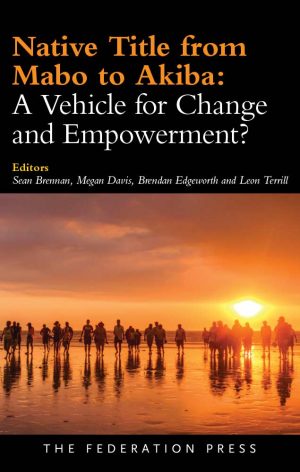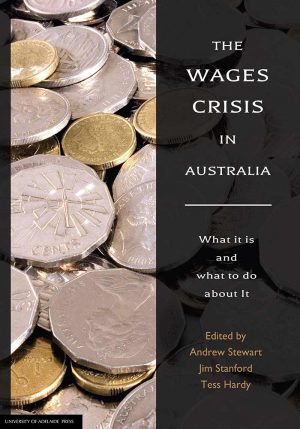In 1890, the famous American economist and social reformer, Henry George, arrived in Australia to begin a controversial 98-day public lecture tour. Following the international publicity generated by his book Progress and Poverty, with its challenges to conventional economics, he had made several lecture tours in Britain, attracting immense audiences. In Australia he visited 34 cities and towns and continued to promulgate vigorously and eloquently his radical program for the ownership, management and taxation of natural resources such as land, coal, and minerals.
Nature’s Gifts provides, for the first time, a detailed account of this important and progressive lecture series. Equal rights to land; land taxation; land prices; land rents; land nationalisation; and free trade and protection remain issues which are highly relevant today.
Engaging and insightful, this is a timely and critical study of the reforms proposed by Henry George and the possibility of establishing an efficient and equitable system for the ownership of natural resources.
Preface
Abbreviations
Acknowledgments
Sources
Introduction: Overview of the Lecture Tour and Biographical Background
Summary of the Itinerary
PART 1 – Henry George’s Lecture Tour in Australia
1. New South Wales: 6 March – 24 March
2. Victoria: 25 March – 8 April
3. New South Wales: 9 April – 16 April
4. South Australia: 17 April – 3 May
5. New South Wales: 4 May – 7 May
6. Queensland: 8 May – 25 May
7. Farewells: From Brisbane to Sydney, Melbourne and Adelaide: 26 May – 11 June
PART 2 – Australia and Henry George, 1890 and Now
Nature’s Gifts
Unearned increments: The caused-by-society argument and the caused-by-nature argument
The Single Tax
Free trade, land rights and the Single Tax
International implications
The right of private property: Two principles or one?
Private property or private possession
The ethics of income tax: Natural resources and human resources
Land nationalisation or land-value taxation
Trade unions
Town planning
Spending the revenue: Collectively or distributively
Spending the revenue: Local versus central government
Political feasibility of land-value taxation
Compensation or confiscation
Realised and unrealised increments: The ability-to-pay problem
Equal rights to the value of land and other natural resources
The dispossessed and the disinherited
Appendix A: Newspapers Consulted
Appendix B: Biographical Notes
Appendix C: Single Tax Conference at Sydney, March 1890
References
Index of Names
Index of Subjects
Pullen’s day-by-day chronicle and thoughtful appraisal of Henry George’s fourteen week Australian tour in 1890 provides much-needed further insight into a formative period in Australian political history. In his 1879 classic, Progress and Poverty, George argued: “The ownership of land is the great fundamental fact which ultimately determines the social, the political and consequently the intellectual and moral condition of a people”. While George’s messianic crusade in support of shared equity in land via a tax on its incremental value may have been misplaced, his writings were highly influential over several decades.
Pullen argues that George’s visit was unparalleled in Australian history. It occupies 120 pages of the 200-page text, covering a succession of public welcomes, testimonials and presentations given by premiers, parliamentarians, mayors, clergymen and other dignitaries, together with the (not quite unanimous) enthusiastic responses of receptive audiences. … Of particular value is Pullen’s informed scrutiny of the foundational principles and of the common misunderstandings and misrepresentations of Georgism…
John Holmes, Australian Journal of Politics and History, December 2015






